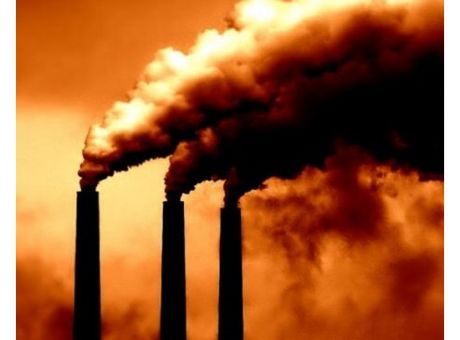News
You are here
Coal port expansion will produce more climate change than Northern Gateway pipeline

December 28, 2012
Vancouver is set to become North America’s largest coal exporting port if the Port Metro Vancouver corporation approves two new permits. These coal exports could release more carbon into the atmosphere than all of the oil exports from the planned Northern Gateway Pipeline.
Fraser Surrey Docks, near New Westminster, and Neptune Terminals, in North Vancouver, applied last June to increase their coal exports. Neptune Terminals applied to increase their exports of metallurgical coal, used for making steel, from 12 million to 18 million tonnes per year. Fraser Surrey Docks’, however, is looking to build a new terminal solely for the export of thermal coal, primarily to Asian markets. Thermal coal is burned and releases carbon dioxide into the atmosphere.
Importing Coal
The new terminal will not export coal from BC's expanding coal mines. They will import the coal by rail from Wyoming in the US, starting at 4 million tonnes per year, potentially doubling soon after. The US coal industry is looking for an alternative port after protests in Oregon and Washing states have already stopped one of six proposed export terminals. As well, demand for coal has fallen off in the US as the country has increased both renewable energy production and shale gas extraction. The industry needs new markets to remain profitable.
Port Metro Vancouver was set up by the Government of Canada in 2008, and is responsible for shipping and port-related land and sea use. It is the sole entity in charge of applications such as those by Neptune and Fraser Surrey Docks. Port Metro Vancouver makes decisions without formal public hearings. Even local politicians cannot influence Port Metro’s decisions. Kevin Washbrook of Voters Taking Action on Climate Change (VTACC) says that a decision like this should not be handled by a small number of staff at Port Metro.
Protests have been held recently in opposition to the pending permits. Local residents are concerned about the potential for pollution from the increased coal exports. Health organizations including the BC Lung Association and Canadian Association of Physicians for the Environment have written letters expressing their concern. Not enough research has been done on the cumulative regional health effects from increased coal dust in the air and diesel pollution from trains passing through residential areas – at times within a kilometre of schools, daycares and seniors’ homes.
Coal dust settling into the Fraser River delta and offshore areas will likely affect the sensitive salmon populations and their habitat. On 7 December a coal ship being escorted by two tugboats ran into the causeway at Westshore Terminals in Delta, BC, dumping a third of a rail car of coal into the ocean. The cause of the crash remains unknown, as well as the eventual environmental impact of that much coal – which contains toxic heavy metals such as mercury and lead – being dumped into shallow water.
Port refuses to consider climate change
Port Metro is considering the environmental and neighbourhood issues of the coal terminal expansions – noise and air pollution – but not the climate change implications. According to them, the “port is here to facilitate trade” and ensure the coal is transported safely. They refuse to consider the environmental footprint of coal as a fuel as this is “out of Port’s jurisdiction.” The Port directs people concerned about this to the Government of Canada who makes the decisions on which commodities will be traded.
These port expansions are the latest step on Canada's path to becoming a dirty energy superpower. Patrick Johnstone, geologist and member of New Westminster Enviro Partners, says that “coal shipments are only one symptom of a larger problem, that being an unethical approach at every level of government regarding our responsibility to the global greenhouse gas problem.”
Canada has the technology to eliminate fossil fuels by replacing them with renewable energy sources. We need to build a movement to make this happen before it's too late.
Section:
Topics:
- Log in to post comments









